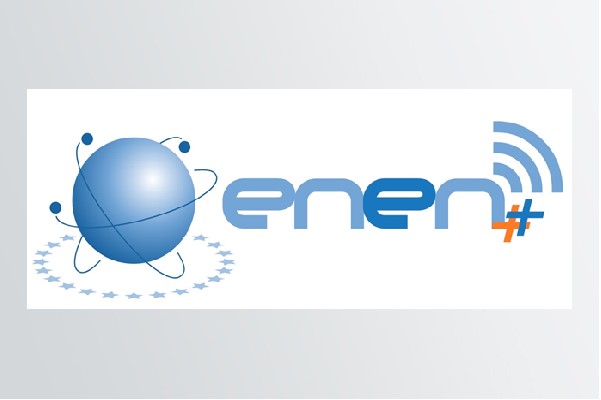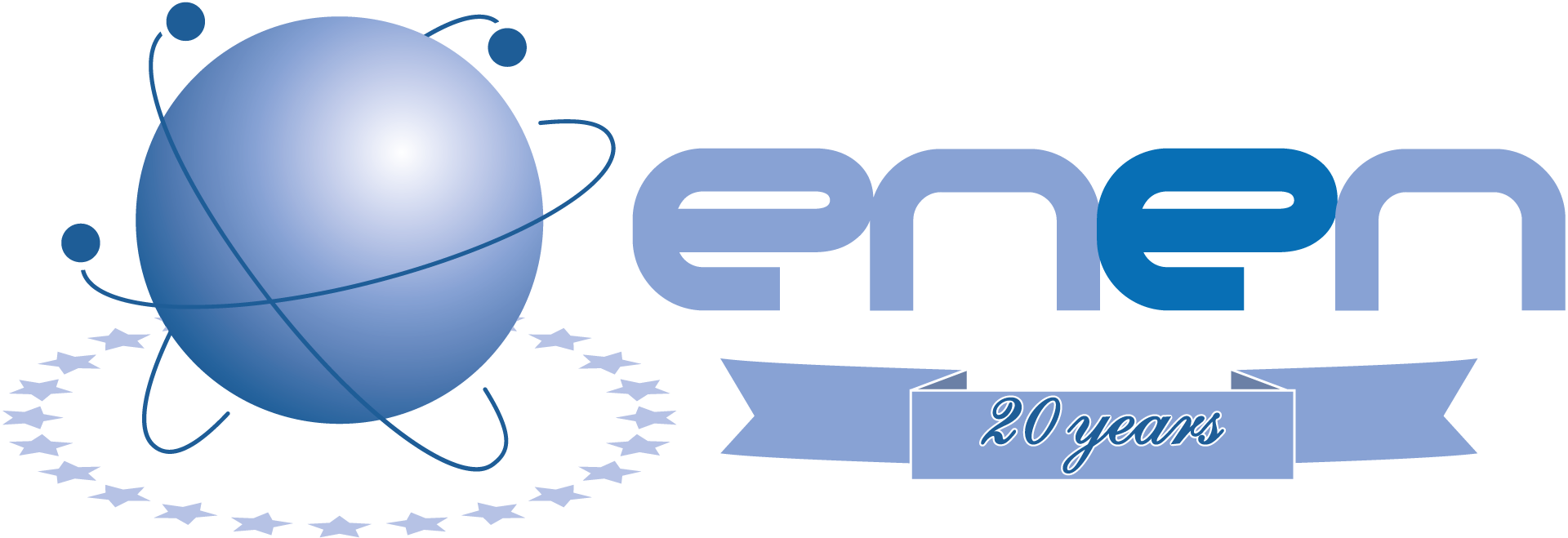AALTO UNIVERSITY
(AALTO, FINLAND)
Aalto University was founded in 2010 as Helsinki University of Technology, the Helsinki School of Economics and the University of Art and Design Helsinki were merged. It has six schools with nearly 20 000 students and 4 700 employees, 390 of whom are professors. There is a wide variety of bachelor’s and master’s degrees awarded at Aalto University, and we also offer doctoral programmes in all the fields of study. Aalto University is Finland’s largest educator of MSc-level engineers.
The Department of Applied Physics pursues vigorous research activities in the field of physical sciences with important industrial applications and technological potential. Much of the research is focused on condensed matter and materials physics, on quantum physics and nano-optics, and on advanced energy sciences. The Department is responsible for the Master’s Programme in Engineering Physics, with a possibility of specialization in nuclear engineering. The education and training are strongly linked to our research activities in reactor physics, materials physics and fusion technologies. Master’s theses, special assignments and summer projects are typically pursued in strong collaboration with industry, research institutes and authorities. A large share of the students continue for PhD studies, and the Department coordinates the Finnish Doctoral Education Network in Nuclear Science and Technology.
Networking of nuclear players in Finland is very intense and involve supervision of studies between several partners. In addition to engineering physics, nuclear engineering topics can be found may other Master’s Programmes at Aalto University: geological waste disposal, nuclear materials, risk and safety analysis, instrumentation and control, human and organisational issues, civil engineering for nuclear installations, etc.
In Finland a new power plant, Olkiluoto 3, is under construction, another one (Hanhikivi 1) is being licensed for construction, and the nuclear repository ONKALO is under construction. The determined development of nuclear energy in Finland challenges research, education and training to obtain new professionals and to knowledge-transfer to new generation of nuclear experts.
Website: http://physics.aalto.fi/en/groups/antimatter/
Academic year 2015-2016
Master’s Programme in Engineering Physics (Nuclear Engineering):
The special nuclear expertise has to be based on the course selection by the individual students. The requirement of nuclear subjects in 40 ECTS + 20 ECTS abroad can be satisfied at Aalto University and thus they would be eligible for EMSNE.
Number of students 2015-2016: Total: 15
Language: English
For further information: http://studyguides.aalto.fi/sci/2015-engphys/
Aalto Nuclear Safety (MSc-level) Minor:
The Aalto Nuclear Safety minor provides the student with a multidisciplinary view on nuclear safety from the engineering perspective both in national and international contexts. 25 ECTS on a wide variety of topics, including the offering by ENEN members and the possibility for obtaining EMSNE.
Number of students 2015-2016: Total: 25
Language: English
For further information: http://studyguides.aalto.fi/minors-guide/2015/fi/sci/scin-sivuaineet-kaikille-aallon-opiskelijoille/aalto-nuclear-safety.html
PhD:
Reactor physics in close collaboration with VTT Technical Research Centre of Finland Ltd.
Fusion plasma and reactor studies
Experimental materials physics (radiation phenomena in structural materials, fuel, cladding)
Master’s Thesis:
Master’s Theses are typically pursued in non-academic projects, while supervision is provided Aalto University. Host organizations include:
– Utilities and industry: Fortum, TVO, Fennovoima, Posiva
– Research institutes: VTT, Finnish Meteorological Institute
– Nuclear and radiation safety authority: STUK


